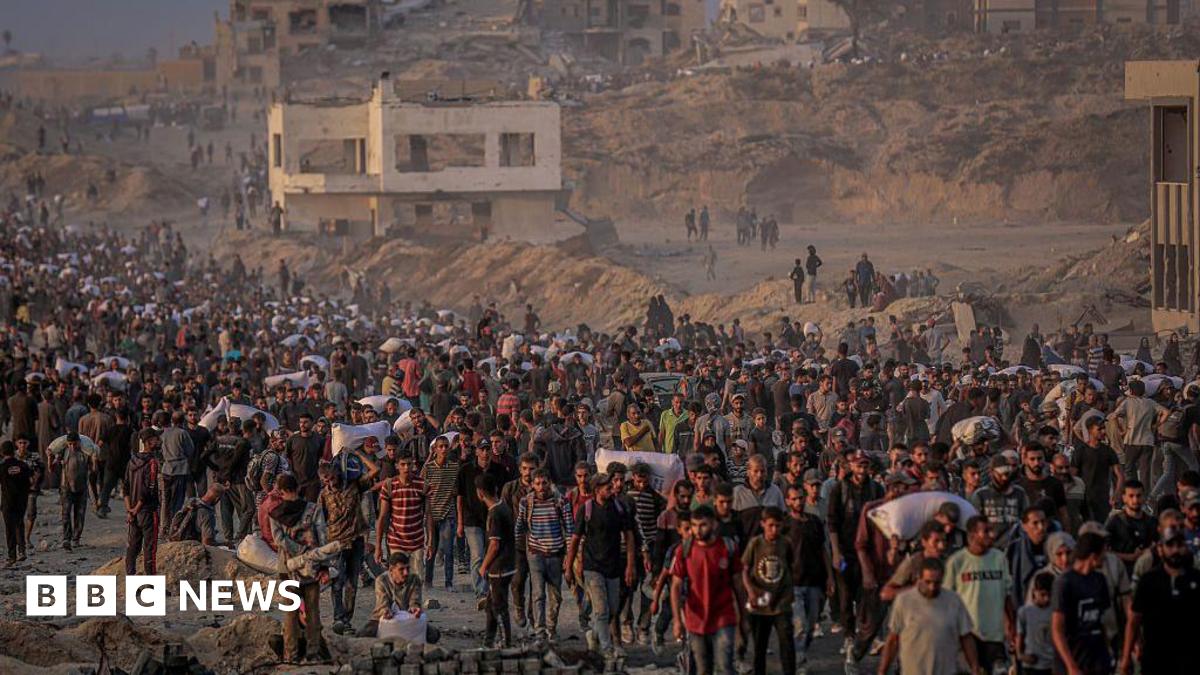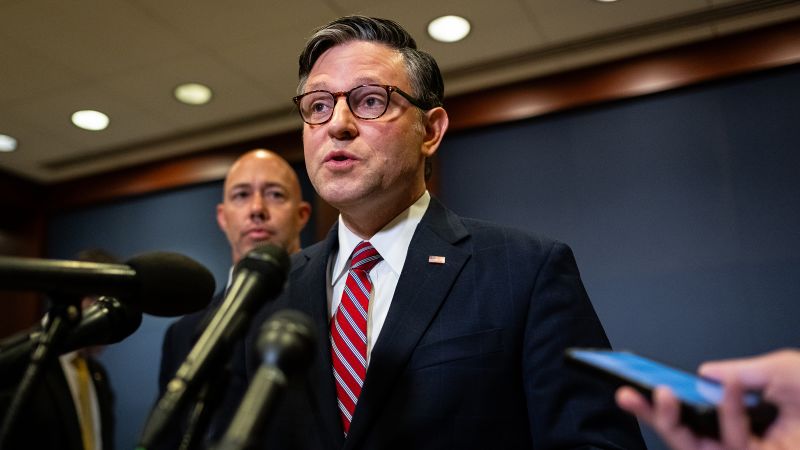Iran Halts Cooperation with IAEA: Escalating Tensions Over Nuclear Inspections

Tehran, Iran – In a significant escalation of tensions surrounding Iran's nuclear program, President Ebrahim Raisi has issued a directive ordering the suspension of all cooperation with the International Atomic Energy Agency (IAEA). This move, announced on [Date of Announcement - Replace with Actual Date], comes in response to what Iran views as unfair demands and resolutions passed by the IAEA's Board of Governors.
The IAEA, the UN's nuclear watchdog, has been investigating traces of uranium found at undeclared sites in Iran. These investigations have formed the basis for several resolutions expressing concern about Iran's compliance with the 2015 nuclear deal, formally known as the Joint Comprehensive Plan of Action (JCPOA).
Why is Iran Taking This Action?
According to Iranian officials, the IAEA's actions are politically motivated and designed to pressure Iran. They argue that the agency is unfairly targeting Iran while overlooking similar issues in other countries. The directive to suspend cooperation includes halting the provision of data, access to facilities, and the presence of IAEA inspectors within Iran. The Iranian government maintains that this is a defensive measure taken to protect its sovereign rights and national interests.
“We have repeatedly told the IAEA that their demands are unreasonable and based on fabricated information,” stated [Name and Title of Iranian Official - Replace with Actual Name and Title] in a press conference. “Iran has always been transparent and cooperative, but we will not be bullied into submission.”
Impact on the JCPOA and International Relations
This decision has significant implications for the future of the JCPOA. The nuclear deal, which limited Iran's uranium enrichment in exchange for sanctions relief, has been in a state of decline since the United States withdrew from the agreement in 2018. Iran has gradually reduced its compliance with the deal in response to what it considers a failure by other parties to uphold their commitments.
The suspension of cooperation with the IAEA further complicates efforts to revive the JCPOA. It raises serious concerns about Iran's nuclear activities and could lead to increased international pressure and sanctions.
Western powers have condemned Iran's decision, urging Tehran to resume cooperation with the IAEA. The United States has warned that Iran's actions could lead to further isolation and economic hardship. However, Iran remains defiant, insisting that its nuclear program is peaceful and for civilian purposes only.
What Happens Next?
The immediate future remains uncertain. The IAEA has expressed regret over Iran's decision and has called on Tehran to reverse course. Negotiations to revive the JCPOA are currently stalled, and the suspension of cooperation with the IAEA further diminishes the prospects for a breakthrough. The international community is closely monitoring the situation, with concerns growing about the potential for escalation and a renewed nuclear crisis in the region. Diplomatic efforts will likely intensify in the coming weeks to try and de-escalate the situation and find a path forward, but the current climate is highly charged and the challenges are considerable.






